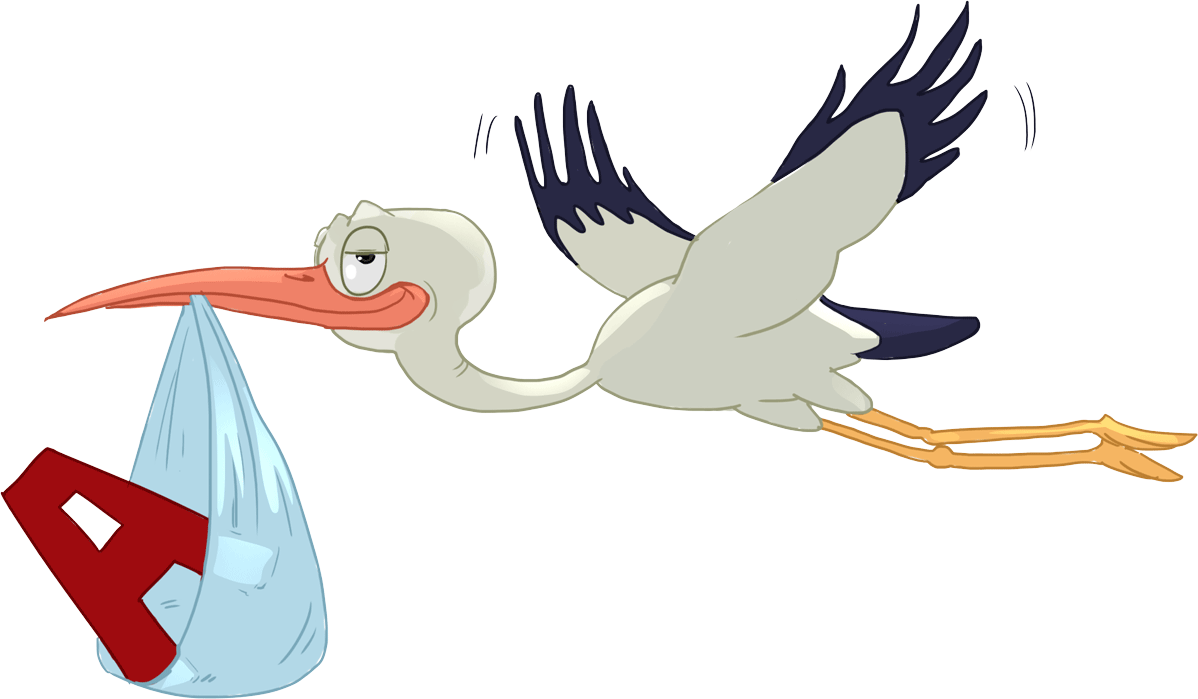History, etymology, language origin
"How words are born"
"How words are born"
Etymology is the study of the history of words, their origin, and how their forms and meanings change over time. For languages that have a long written history, etymologists use texts to understand how words were used during earlier periods and when they entered a given language. Etymologists also use comparative linguistics to reconstruct information about languages when no direct information is available.

New words come into being in a language through three basic mechanisms: borrowings, word formation and sound symbolism.
Borrowing means words are taken from other languages. Words borrowed this way are called loanwords. It is extremely common: over half of all English words have been borrowed from French and Latin, and loanwords from Chinese are important parts of Japanese, Korean and Vietnamese.
Loanwords are usually adapted to fit the phonology and spelling of the language they are borrowed into. English words in Japanese are often barely recognizable. For example, バレーボール (borēboru) comes from English and means "volleyball", but v and l have been replaced by b and r because these sounds do not exist in Japanese, and a vowel has been added at the end because Japanese words cannot end in any consonant but n. These changes were not deliberate: borēboru is what happens naturally when Japanese speakers say volleyball according to the pronunciation rules of their language.

A loanword can have a different meaning than it had in the original language: the Russian word портфель portfel′ (“briefcase”) comes from the French portefeuille, which means “wallet”. Pseudo-anglicisms are common in many languages: Handy means “mobile phone” in German, which is only indirectly related to the meaning of “handy” in English.
Words can also be reborrowed: that is a word can go back and forth between languages. For example, the French word cinéma was taken from the Greek word κίνημα kínima, which means “movement”, later Greek reborrowed the same word from French and respelled it σινεμά sinemá.
Languages have lots of ways of creating new words. One of them is derivation, that is creating a new word on the basis of an existing word, other types include compound words, which are formed by putting words together.
Other ways include acronyms (“radar” comes from “radio detection and ranging”), clipping (“ad” from “advertisement”) and portmanteaus (“brunch” = “breakfast” + “lunch”)
Read more about word formation in Morphology.
Some words such as “click” are examples of onomatopoeia.
Everything about languages evolves: pronunciation, grammar and words. New words appear, old words disappear and existing words change.
Knowing the history of words is relatively easy when old written documents exist, but when they don't, the comparative method allows linguist to reconstruct ancient languages by comparing their descendants. One key feature of language evolution is regular sound change: changes in pronunciation don't affect random words, but the entire language. As an example, the ancestor of modern Slavic languages had a G sound. It was maintained in most languages, but in some of them, such as Czech and Slovak, it gradually changed to H: the word for “mountain” is gora in Russian and Slovene, but hora in Czech and Slovak. Sound changes are not always this easy, because sometimes sounds are modified only in particular contexts (at the end of a word, before a vowel, etc.), but this is the general principle that linguists use to compare languages and reconstruct their ancestors.

Thousands of years of evolution can change words so much that they are unrecognizable: the Proto-Indo-European *ḱm̥tóm (the symbol * is used by linguists to indicate that a word is reconstructed and has never been found in a text), which means “hundred”, turned into such different words as šimtas in Lithuanian, sto in Slavic languages, cent in French, صد sad in Persian and εκατό ekató in Greek.
Reconstructing languages is made more difficult by borrowings and by the fact that the meanings of words change: “decimate” now means “destroy almost completely”, but originally meant “kill one in ten”, and the French word travail (“work”) comes from the Latin tripalium (an instrument of torture).